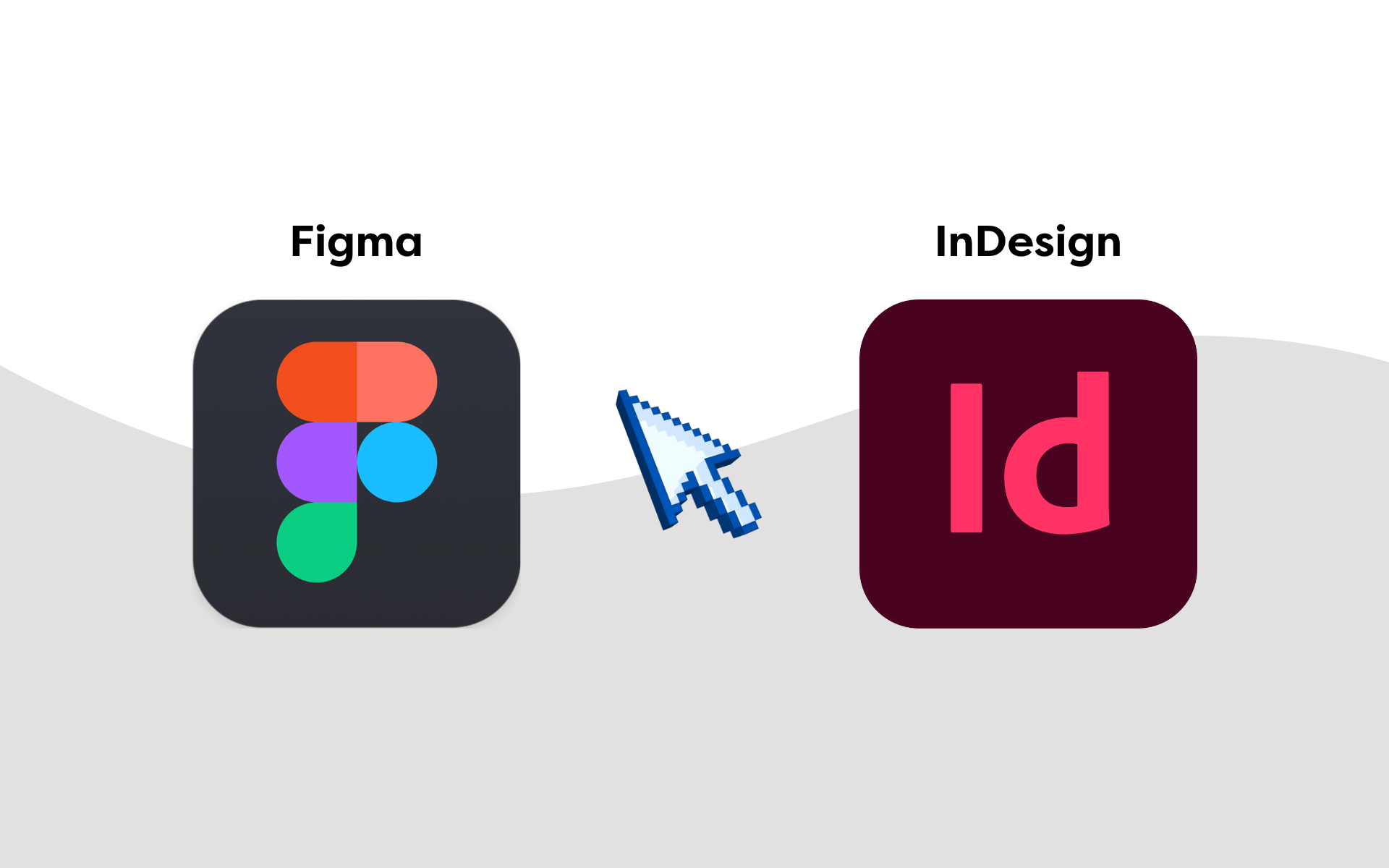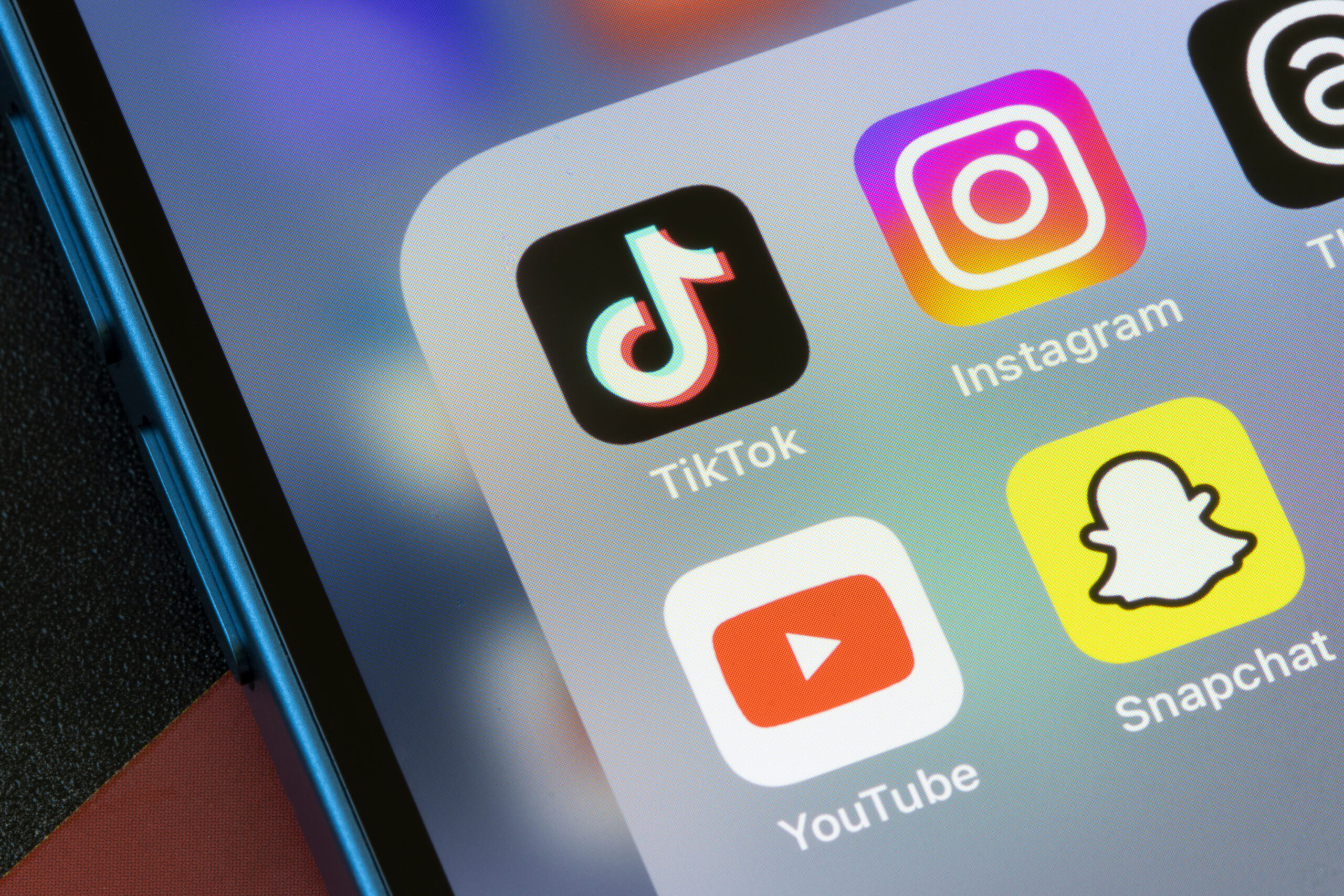In almost every conversation I have with people who want to develop their website, I’m asked the same question – what can I do to make it better, how can I improve my website? It’s a common ambition among website owners to reach a specific number of monthly visitors and create a successful business online, but there’s no real science behind achieving success. The secret is to start by having one key goal for your website.
Setting a key goal for your website will help you focus your marketing efforts, measure progress, and create a long-term roadmap for success.
With the right strategies in place, enough dedication from you and your team, and, most importantly, consistency, setting a key goal for your website can help you reach your desired outcome.
If you’re interested in learning more, read on to find out why you should set a key goal for your website, the benefits that come with it, and some examples of strategies that can help you get there.
What is a website key goal, and why is it important?
The key goal for your website might look completely different to another website. You may have multiple websites that you need to manage, and each one will likely have different goals.
Every website is different, every brand is different, and the effort you put into meeting these goals will be different. Ultimately, it’s all about focus and creating a roadmap for growth and success, but what does that mean or look like for your business?
Your website’s goal can be short or long-term. If you are looking to make some short-term gains, an example of a key goal could be to increase your website traffic by 15% in quarter two (this is both specific and measurable). An example of a long-term goal could be to boost the number of keywords your website ranks for by optimising it for search engines.
Key goals don’t necessarily need to be complex, they just need to be clear, so you know where to focus your ongoing marketing efforts. Try to be realistic with your goals, and don’t overstretch yourself. It can be very easy to get carried away with goal setting.
Benefits of setting a key goal for your website
Setting a key goal for your website can help you decide where to focus your resources. Perhaps you’d like to promote a specific product within a particular category on your eCommerce website. In that case, it would be worth thinking about a section at the top of your home page with a strong call to action. At the same time, you could run a small social media advertising campaign to increase the chances of your target market seeing you and visiting your website.
Having a key goal can also help you plan for future growth. You could look at how many visitors you receive and how long they stay on your website. A great example of a goal here would be to decrease your bounce rate by 10%. For a metric goal like this, it’s always useful to look at the ‘bigger picture’. Results don’t come quickly, but you’ll benefit in the long run by setting a goal and sticking to your plan.
Another important thing to do is to track your progress – this will help you see the impact of your efforts and what this might look like for your business. I’ve made lots of mistakes with websites, but if you learn from your mistakes, you know not to set a similar goal when you move on to your next development phase.
Example website goals
- Improve website traffic by 15%
- Generate more online orders
- Decrease bounce rate by 20%
- Sell 15% more of ‘x’ product in February
- Increase keyword rankings by 30%
- Improve the conversion rate
- Improve the trust signals on the home page
- Increase PPC conversions by 10%
- Improve the overall user and buying experience
Tips for setting a key goal for your website
Start early
There’s never a right time to set a goal, but the earlier you do it, the better it will be for you in the long run. Most people wonder where they would be if they had started six months ago. So start now! A key goal can take time to achieve, so be prepared to accept that this is going to take time, use a lot of resources, and you’re going to have to put the work in. I’ve made the same mistake before as an agency owner, and it can be hard to accept this time frame. Performance requires a lot of effort and dedication from you and your team, so start as early as possible.
Measure
You won’t know if you’ve achieved success (or even if you’re on the right path) if you don’t know what success looks like. Set a goal, measure your progress, and continually evaluate and develop your strategy as you go. It’s important to use the right tools, so be clear on the metrics you are measuring (if any) and have the right software in place to manage them – perhaps even consider using a web development agency to help support this if you have the budget.
Consistency
Setting a key goal for your website is something that you should do consistently and keep on top of. I personally think that monthly goals aren’t manageable. Whether you’re a business owner or you work in a busy marketing department, you already have lots of plans, meetings, and things to do. From experience, I have found that planning and setting goals quarterly or even every six months is the best way to grow and develop your website.
Get support
Whether you are setting a key goal for your website or choosing a strategy, it’s important to get support from your team or even an external agency where possible. Let’s face it, managing your own website as well as client or customer expectations can be very stressful. So make sure you set things up correctly and get the support you need to achieve your goal.
Don’t worry if it doesn’t work
If anything, this is the most important bit of advice I can give you. A website is never a finished product – it’s important to test things and even, sometimes, break things. Even if you don’t set a key goal for your website, don’t worry about it too much. As long as you are focussing on your current projects and the content you are creating, it will benefit your website.
Be flexible
It’s also quite important to be flexible when setting your key goal. After the first three months, you might discover that it’s not working for your business. What you focused on three months ago might not be relevant to you or your business anymore. You might not be reaching or talking to the right audience, and you may have to change the plan. Stay flexible!
Conclusion
The main reason we set goals, specifically for website development, is for growth. Your key goal might be a visual update, a metric, or maybe even a strategic content strategy. Setting a key goal will help you focus your efforts, create a roadmap for growth, and track your progress, so you know how you’re doing. Start early. In fact, start now – stick to your plans and imagine where you could be in six months!







